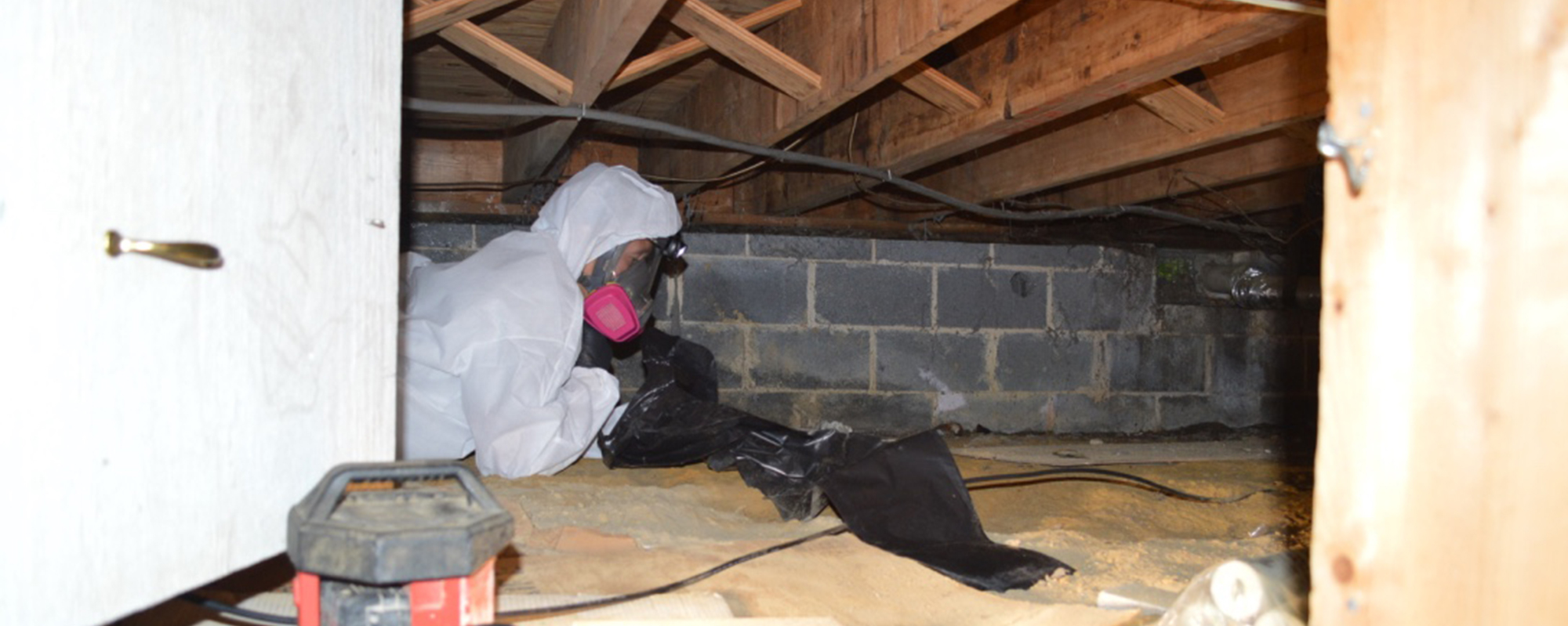
Why Does a Dead Animal Smell So Bad?
The smell of a dead animal is unmistakable and can be overwhelming. The odor is caused by the decomposition process, which releases gases like putrescine and cadaverine. These gases are byproducts of decaying tissue and have an incredibly strong, foul smell. While the intensity of the odor can vary depending on the size of the animal and how long it’s been decomposing, it can permeate through walls, floors, and vents, making it hard to escape.
Small animals like mice and rats decompose relatively quickly, but the smell can last for a week or more. Larger animals like raccoons or squirrels can take longer to fully decompose, and the smell can persist for several weeks if not addressed.
How to Find the Source of the Dead Animal Smell
Locating the source of the smell is the first step to getting rid of it. Dead animals can hide in hard-to-reach places, which is why you’ll need to narrow down the area where the smell is strongest. Here’s where to start looking:
1. Inside Walls
Rodents and other small animals often get trapped inside walls, where they die and decompose. If the smell seems to be coming from one area of the wall, it’s likely there’s a dead animal inside. You may even notice flies or maggots near cracks or holes in the wall, which can be another indicator of decomposition.
2. Attic or Crawl Spaces

Dead animals often find their way into attics or crawl spaces, where they may become trapped or find a hiding spot to die. Check your attic for any signs of entry points, such as small holes or gaps, and look for nests, droppings, or animal tracks.
3. Under Floorboards or Behind Cabinets
If the smell is strongest in a specific room or area, it’s possible that the dead animal is under the floorboards or behind a cabinet. Look for loose boards, holes, or openings where an animal may have crawled in. Removing dead animals from these areas can be more challenging and may require professional help.
4. HVAC Ducts and Vents
If the smell is circulating throughout your home, the dead animal may be inside your HVAC system or air ducts. Animals can sometimes crawl into vents or ducts seeking warmth, but they often can’t escape. In this case, you may notice the smell gets worse when your heating or cooling system is running.
If you’re unsure where the smell is coming from or need help identifying the source, This Old House guide on finding dead animals offers more detailed advice on what to look for.
How to Get Rid of Dead Animal Smell in Your House
Once you’ve found the source of the smell, removing the dead animal and cleaning the affected area is essential to eliminating the odor. Here’s how to get rid of the smell quickly and effectively:
| Step | What to Do |
|---|---|
| 1. Remove the Dead Animal | If possible, carefully remove the dead animal using gloves, a mask, and a trash bag. Be sure to avoid direct contact with the carcass, as dead animals can carry bacteria and parasites. If the animal is located in a hard-to-reach area, you may need to call a professional to remove it. |
| 2. Clean and Disinfect the Area | After the animal has been removed, clean the area with disinfectant to remove any remaining bacteria or parasites. Scrub the surrounding surfaces, including walls and floors, to ensure no lingering traces of decomposition remain. |
| 3. Use Odor Neutralizers | Even after removing the animal and cleaning the area, the smell may linger. Use odor neutralizers or deodorizers specifically designed to eliminate strong odors like those from dead animals. You can also try natural remedies like baking soda, activated charcoal, or white vinegar to absorb and neutralize the smell. |
| 4. Ventilate the Area | Proper ventilation can help get rid of any remaining odors. Open windows and doors to allow fresh air to circulate through the affected area. You can also use fans to help move air and expedite the process. |
| 5. Consider Professional Help | If the smell persists despite your efforts, it may be time to call a professional odor removal service. Professionals have specialized tools and cleaners that can effectively eliminate even the most stubborn odors. |
How to Prevent Dead Animal Smells in the Future
Preventing animals from entering your home is the best way to avoid dealing with dead animal smells in the future. Here are some tips to help keep animals out:
1. Seal Entry Points
Inspect your home for potential entry points, such as holes, cracks, or gaps in walls, floors, and roofs. Seal any openings with steel wool, caulk, or another durable material to prevent rodents and other animals from getting inside.
2. Keep Food Sources Away
Make sure your home is free of food scraps or open containers that might attract animals. Store food in airtight containers and clean up crumbs and spills right away. If you have outdoor trash cans, make sure they are tightly sealed to avoid attracting pests.
3. Set Traps or Use Deterrents
Setting traps can help catch animals before they enter your home, while deterrents like ultrasonic devices or predator scents can keep animals away. Make sure to check traps regularly and dispose of any dead animals promptly to prevent odors.
4. Regularly Inspect Your Home
Perform regular inspections of your home, especially attics, crawl spaces, and basements, to look for signs of animals or potential entry points. Early detection of pests can help prevent dead animals from becoming a problem later.
If you need help preventing future animal infestations or dealing with persistent odors, Citywide Mold Mitigation offers professional services to keep your home clean, safe, and odor-free.
FAQ
| Question | Answer |
|---|---|
| How long does it take for the smell of a dead animal to go away? | The smell of a dead animal can last from a few days to several weeks, depending on the size of the animal and the temperature of the environment. Proper removal, cleaning, and ventilation can help speed up the process. |
| Can a dead animal smell make you sick? | Yes, the gases released during decomposition, as well as bacteria and parasites from the carcass, can cause health problems. It’s important to remove dead animals and clean the area promptly to avoid exposure to harmful substances. |
| What do I do if I can’t find the source of the smell? | If you can’t locate the source of the odor, it may be hidden in a hard-to-reach area, such as inside a wall or under the floorboards. In this case, calling a professional to help find and remove the dead animal is recommended. |
| What is the best way to get rid of dead animal smell in my house? | To get rid of the smell, remove the dead animal, clean and disinfect the area, and use odor neutralizers. Proper ventilation and professional cleaning services may be needed if the odor persists. |
| How can I prevent animals from dying in my home? | Seal entry points, remove food sources, and set traps or use deterrents to keep animals out of your home. Regular inspections can also help catch any issues early. |
If you’re struggling with a dead animal smell in your home or need professional odor removal, contact Citywide Mold Mitigation for expert help and solutions to restore your home’s air quality.

